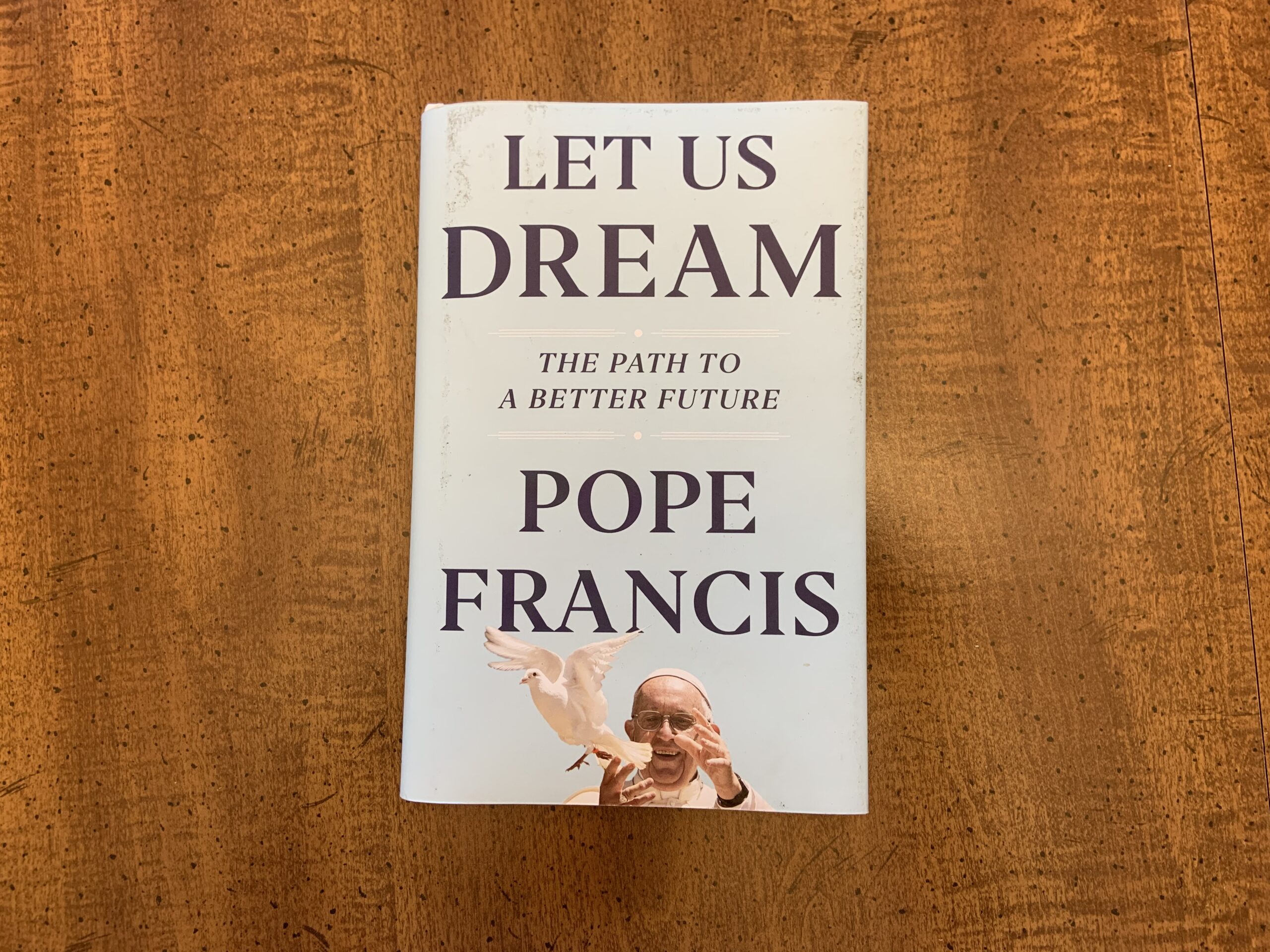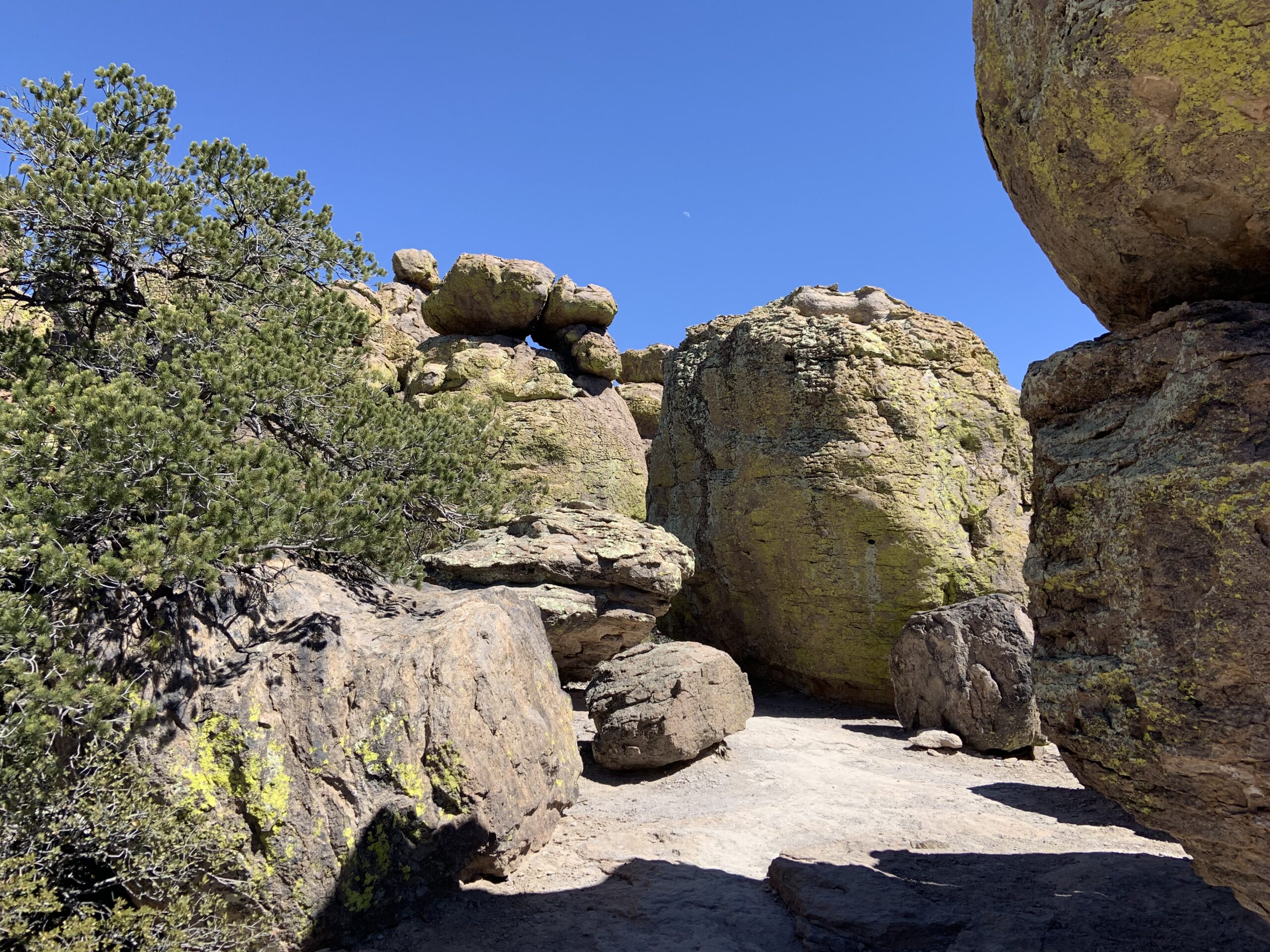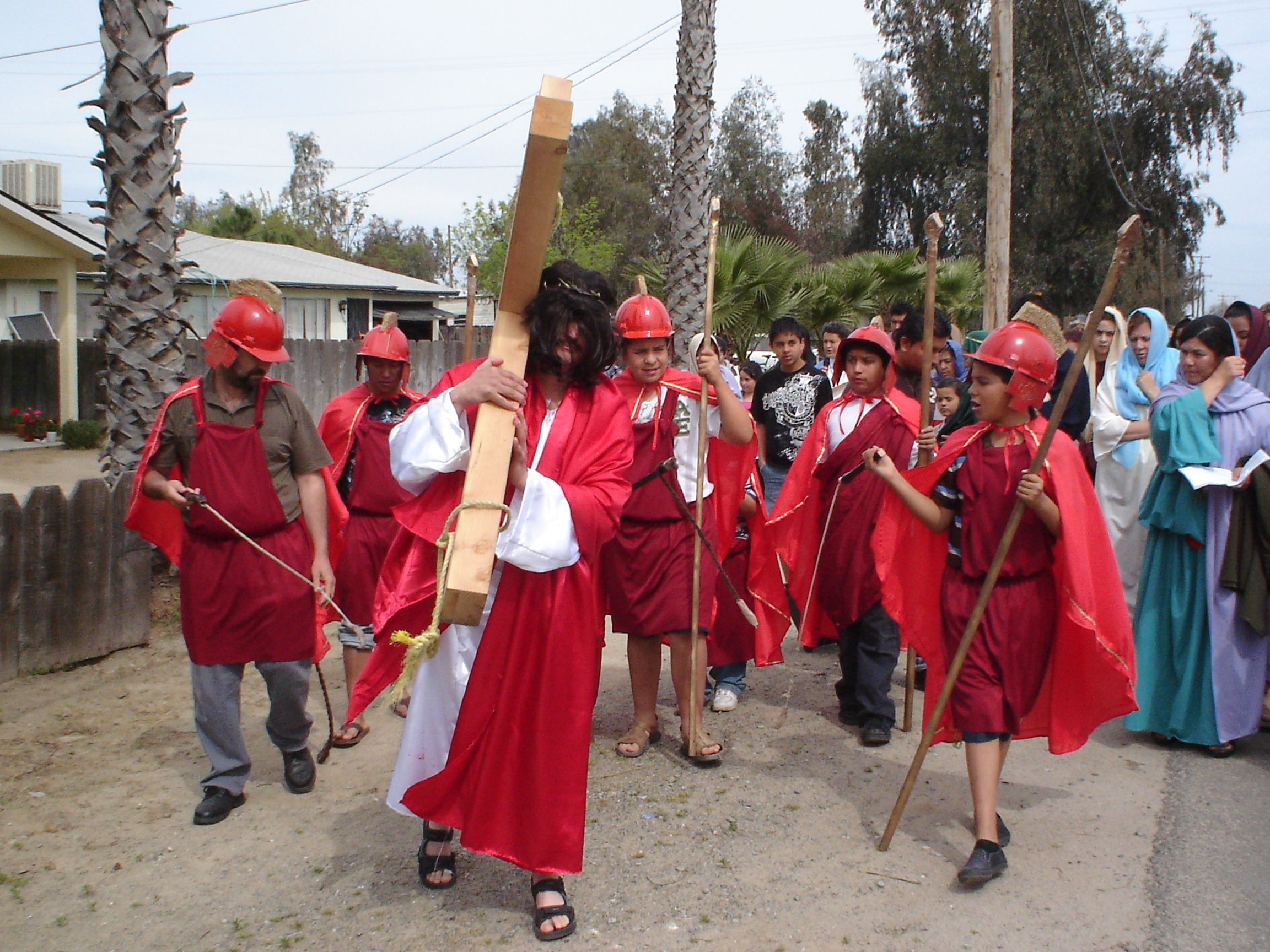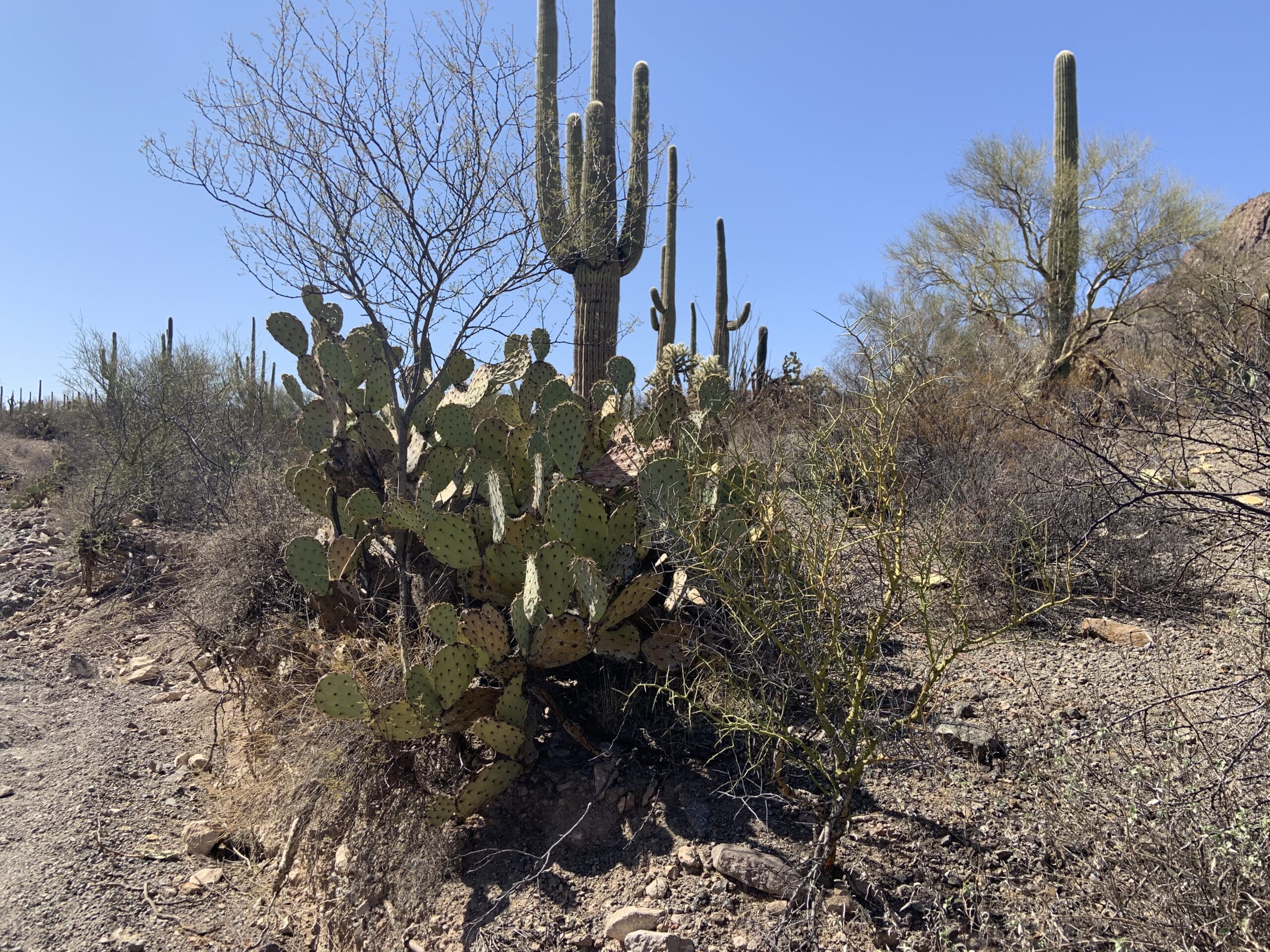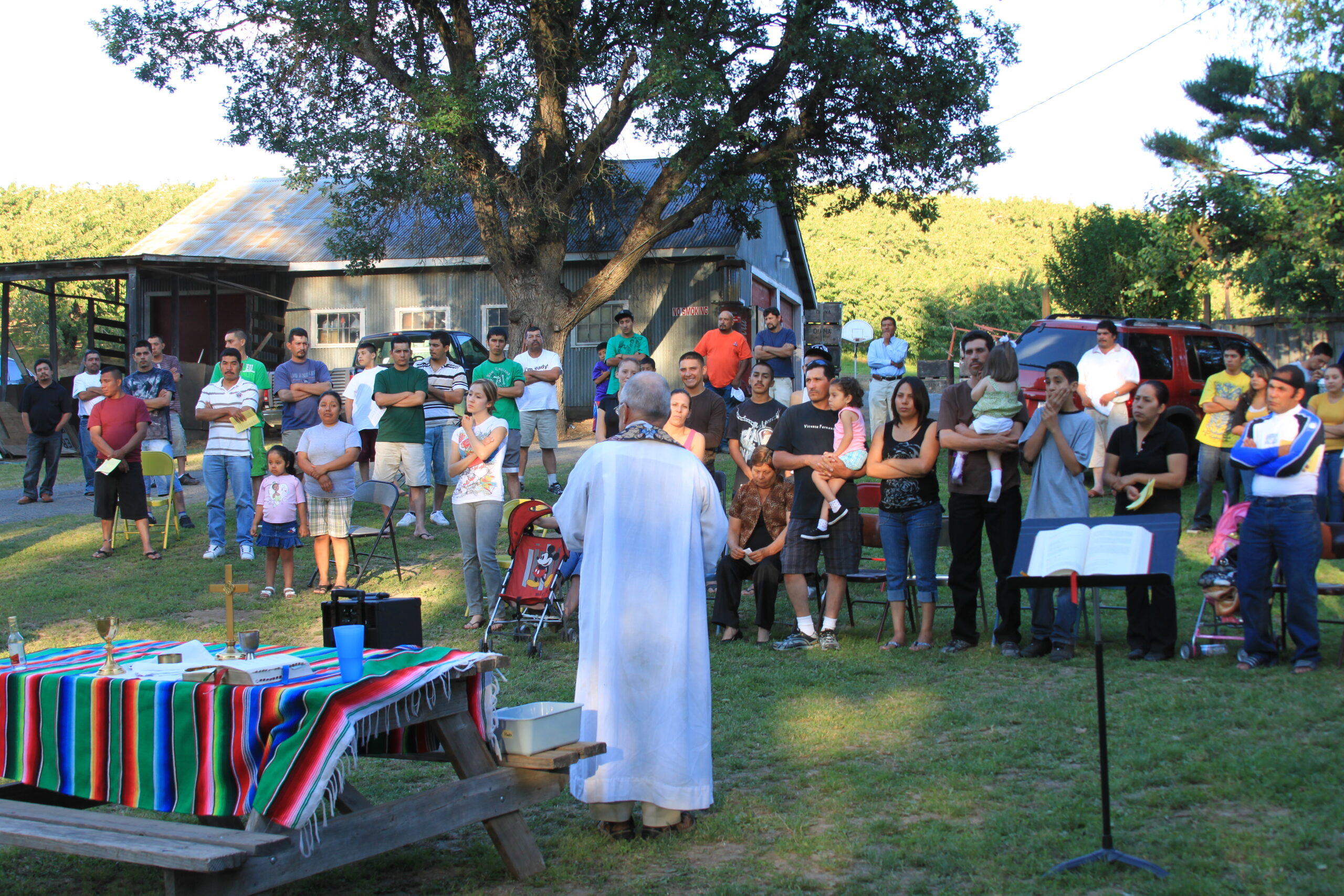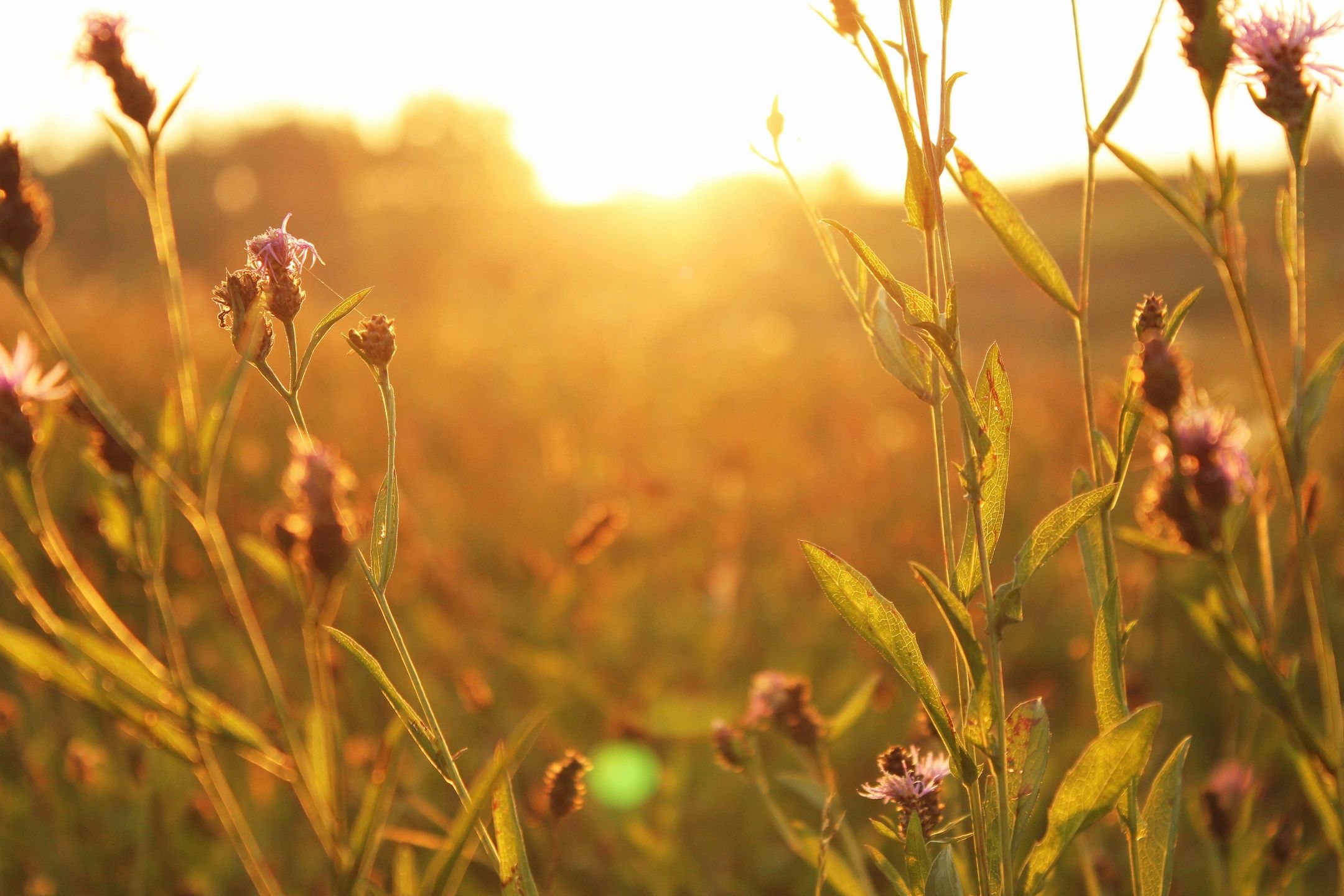36. Lent: Capítulo Tres: El Pueblo – The People
El pueblo
El Papa Francisco presenta una reflexión interesante que simplemente presentaré sus observaciones de las páginas 100 a 103.
El término “pueblo” puede tener connotaciones contrastantes en nuestros diferentes idiomas. Explotado por ideologías y enganchado a políticas sectarias, puede tener connotaciones de totalitarismo o lucha de clases. En nuestros días se despliega en la retórica excluyente del populismo. Por lo tanto, ayudaría a explicar lo que quiero decir con “el pueblo”.
Un pueblo no es lo mismo que un país, una nación o un estado, por importantes que sean estas entidades. Un país es una entidad geográfica; el Estado-nación es el andamiaje jurídico y constitucional que le da fuerza. Pero estos límites y estructuras pueden cambiar. Un país que ha sido amputado o perdido una guerra puede rehacerse. Una nación que atraviesa una crisis constitucional puede reconstruirse a sí misma. Pero perder la sensación de ser parte de un pueblo es muy difícil de recuperar. Es una pérdida que se produce a lo largo de décadas, erosionando nuestra capacidad de encuentro. A medida que los puntos de referencia que heredamos de nuestros antepasados se desvanecen, perdemos nuestra capacidad de unirnos como pueblo para crear un futuro mejor.
El sentimiento de ser parte de un pueblo solo se recupera de la misma forma en que se forjó: en la lucha y el sufrimiento compartidos. El pueblo es siempre fruto de una síntesis, de un encuentro, de una fusión de elementos dispares que genera un todo más grande que sus partes. Un pueblo puede tener profundos desacuerdos y diferencias, pero pueden caminar juntos inspirados por objetivos compartidos y así crear un futuro. Clásicamente, un pueblo se reúne en asambleas y se organiza. Comparte experiencias y esperanzas y escucha la llamada de un destino común.
Conocernos como pueblo es ser consciente de algo más grande que nos une, algo que no se puede reducir a una identidad jurídica o física compartida. Lo vimos en las protestas como reacción al asesinato de George Floyd, cuando muchas personas que de otra manera no se conocían salieron a las calles a protestar, unidas por una sana indignación. Esos momentos revelan no solo el sentimiento popular, sino el sentimiento de un pueblo, su “alma”.
Un pueblo no es simplemente la suma de individuos. No es una categoría lógica ni jurídica, sino una realidad viva que es fruto de un principio integrador compartido.
Si, ante el desafío no solo de esta pandemia sino de todos los males que nos afligen en este momento, podemos actuar como un solo pueblo, la vida y la sociedad cambiarán para mejor. Esto no es solo una idea, sino una llamada a cada uno de nosotros, una invitación a abandonar el aislamiento contraproducente del individualismo, a salir de mi propia “pequeña laguna” al ancho río de una realidad y un destino del que formo parte, pero que al mismo tiempo se encuentran más allá de mí.
En el Capítulo Tres, el Papa Francisco nos llama a la acción. Sus reflexiones buscan animarnos a ser un pueblo unido, que seamos signo para el mundo de la posibilidad de un futuro mejor. Continúa en este capítulo con las formas pastorales en las que podemos crear un futuro mejor, pero también advierte que esto no sucederá por sí solo. Debemos ser participantes activos del futuro mejor que buscamos. Que nuestros sacrificios hechos para frenar esta pandemia nos lleven no solo a sobrevivir a esta pandemia, sino a dedicarnos a responder a todas las crisis que enfrentamos hoy y en el futuro.
(Mañana: Qué la Semana Santa sea un tiempo de gracia)
Sigo buscando ayuda
Ayúdame a preparar un programa sacramental para niños con necesidades especiales y tiempo limitado de preparación.
Por favor comparte conmigo tus recuerdos. Escribir a: padremigrante@gmail.com
The people
Pope Francis presents an interesting reflection that I will simply present his observations from pages 100 – 103.
The term “the people” can have contrasting connotations in our different languages. Exploited by ideologies and harnessed to sectarian politics, it can have overtones of totalitarianism or class struggle. In our own day it is deployed in the exclusionary rhetoric of populism. So, it would help to explain what I mean by “the people.”
A people is not the same as a country, a nation, or a state, important though these entities are. A country is a geographical entity; the nation-state is the juridical and constitutional scaffolding that gives it force. But these boundaries and structures can change. A country that has been amputated or lost a war can remake itself. A nation undergoes a constitutional crisis can rebuild itself. But to lose the feeling of being part of a people is very hard to recover from. It is a loss that takes place over decades, eroding our capacity for encounter. As the reference points we inherited from our forebearers fade, so we lose our capacity to come together as a people to create a better future.
The feeling of being part of a people can only be recovered in the same way as it was forged: in shared struggle and hardship. The people is always a fruit of a synthesis, of an encounter, of a fusion of disparate elements that generates a whole which is greater than its parts. A people may have profound disagreements and differences, but they can walk together inspired by shared goals, and so create a future. Classically, a people gathers itself in assemblies and organizes. It shares experiences and hopes, and it hears the call of a common destiny.
To know ourselves as a people is to be aware of something greater that unites us, something that cannot be reduced to a shared legal or physical identity. We saw this in the protests in reaction to the killing of George Floyd, when many people who otherwise did not know each other took to the streets to protest, united by a healthy indignation. Such moments reveal not just popular feeling but the feeling of a people, its “soul.”
A people is not merely the sum of individuals. It is neither a logical nor a legal category, but a living reality that is the fruit of a shared integrating principle.
If, faced with the challenge not just of this pandemic but of all the ills that afflict us at this time, we can act as a single people, life and society will change for the better. This is not just an idea but a call to each of us, an invitation to abandon the self-defeating isolation of individualism, to flow out from my own “little lagoon” into the broad river of a reality and destiny of which I am part yet which at the same time lie beyond me.
In Chapter Three, Pope Francis calls all of us to action. His reflections seek to animate us to be a people united, that we may be a sign to the world of the possibility of a better future. He continues on in this chapter with pastoral ways that we can create a better future, but he also warns that this will not happen by itself. We must be active participants of the better future that we seek. May our sacrifices made to curb this pandemic lead us to not only survive this pandemic, but set ourselves on responding to all the crises that confront us today and in the future.
(Tomorrow: Making Holy Week a time of grace)
Still looking for help
Help me prepare a sacramental program for children with special needs and limited time for preparation.
Please share with me your memories. Write to: padremigrante@gmail.com
Oh Jesús, tú nos llamas: “Síganme”. Bendice, Señor, a todos los que acogen tu llamado. Puede que el camino no sea fácil, pero tenemos la confianza de que todo es posible si caminamos contigo. Que este viaje nos abra los ojos a las maravillas de tu amor por nosotros. Oramos por toda tu gente, por todos los creyentes e incrédulos, por los líderes y seguidores. Oramos por la sanación, el perdón, la compasión, la justicia y la paz. Oramos para que, al seguirte, nosotros también podamos ser pescadores de hombres. Bendícenos en nuestro viaje.
O Jesus, you call us, “Come after me.” Bless, O Lord, all who welcome your call. The path may not be easy, but we have confidence that all things are possible if we walk with you. May this journey, open our eyes to the wonders of your love for us. We pray for all your people, for all believers and unbelievers, for leaders and followers. We pray for healing, for forgiveness, for compassion, for justice, for peace. We pray that as we follow you, we too can be fishers of men. Bless us on our journey.
